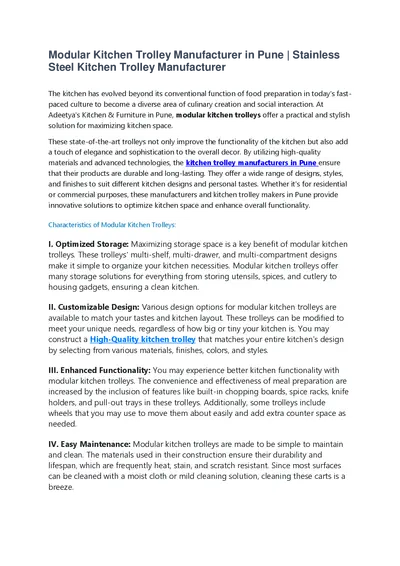PPT-Washington State Road Usage Charge Assessment Anthony L. Buckley
Author : lindy-dunigan | Published Date : 2019-11-06
Washington State Road Usage Charge Assessment Anthony L Buckley Director Office of Innovative Partnerships Washington State Department of Transportation 1 By 2027
Presentation Embed Code
Download Presentation
Download Presentation The PPT/PDF document "Washington State Road Usage Charge Asse..." is the property of its rightful owner. Permission is granted to download and print the materials on this website for personal, non-commercial use only, and to display it on your personal computer provided you do not modify the materials and that you retain all copyright notices contained in the materials. By downloading content from our website, you accept the terms of this agreement.
Washington State Road Usage Charge Assessment Anthony L. Buckley: Transcript
Download Rules Of Document
"Washington State Road Usage Charge Assessment Anthony L. Buckley"The content belongs to its owner. You may download and print it for personal use, without modification, and keep all copyright notices. By downloading, you agree to these terms.
Related Documents














